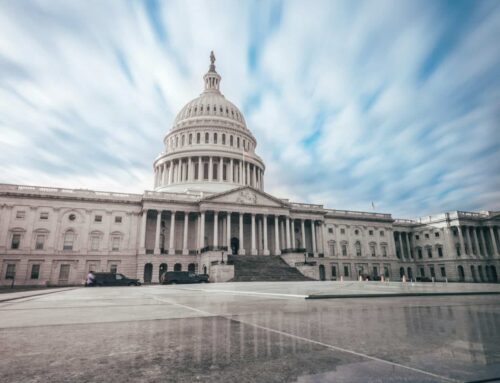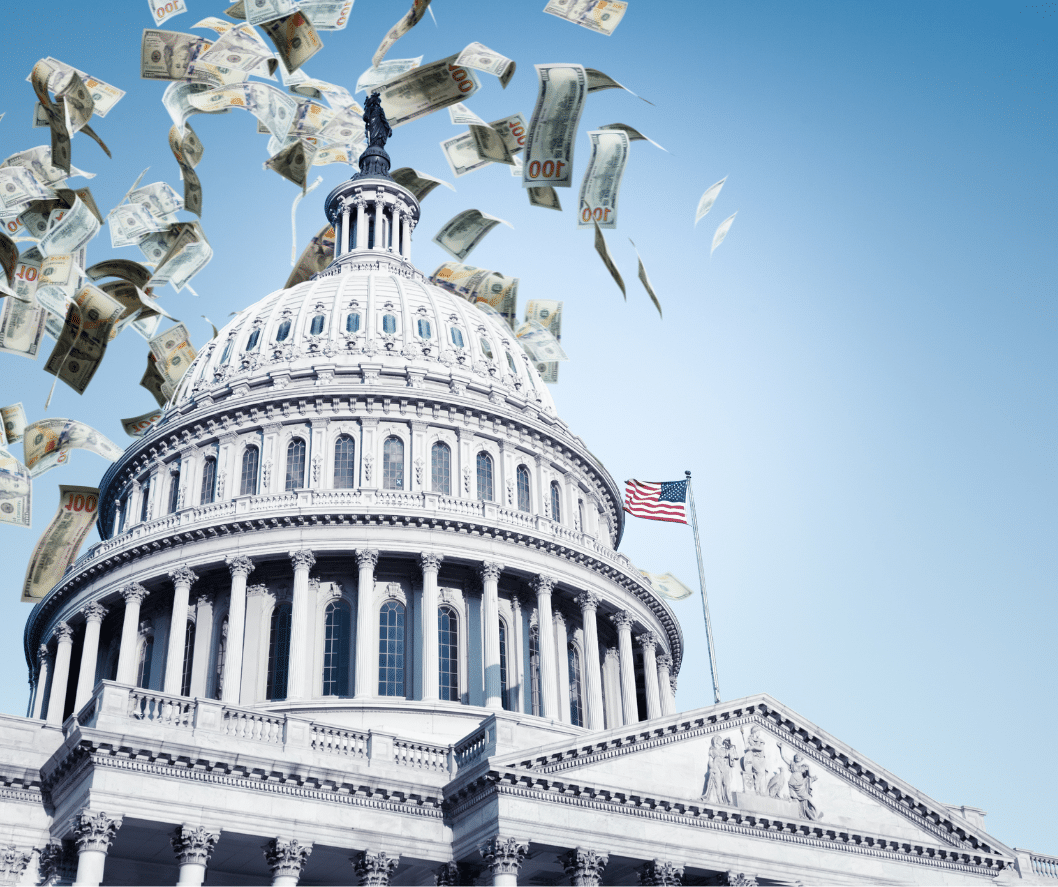On January 20th a president will be sworn in on the west side of the Capitol building. Whoever takes that oath of office will have a lot to do for the next four years. And in some cases, undo. We don’t know what next week’s election will bring us. We do know there will be some new members of Congress and Senators, we don’t know who the oval office occupant will be.
In any event, the country needs leadership and healing after a raucous campaign carried out amidst a pandemic.
Speaking of pandemics, the virus doesn’t care about the election. The administration and lawmakers couldn’t get a fresh assistance package done with all the posturing before the election. We don’t normally expect much out of lame duck lawmakers, but there is a lot on their plate that has to be resolved before the ball drops on 2021.
You could be forgiven for not realizing it, but the last major COVID-19 related package was the CARES Act and it was signed into law in late March – seven months ago. Of course the roughly $2 trillion package disbursed funds over time and some of it has yet to be spent (while some may never be spent, absent some adjustment by Congress), but the needs across the country are clear. The Paycheck Protection Program loans are done. The Economic Injury Disaster Loans program is over too. But the economy is not back to full throttle. Additional unemployment aid is warranted as unemployment is still historically high. Then there are funds to states and localities struggling over COVID-19 related costs.
Policymakers should review the principles we laid out for any pandemic related assistance at the beginning of all this.
- Do what’s necessary, not what’s advantageous
- Deficits still matter in the long run
- Prioritize response on mechanisms with the greatest positive effects
- Emergency legislation should not make permanent changes or create long-term liabilities
- Transparency and accountability are key
But to get any of this done is going to require leadership from the White House and Senate and House majorities. We’re not in the business of cheerleading big spending packages – we’re a budget watchdog after all. But these are exceptional times and they call for exceptional measures. That said – anyone who says those measures must spend at least a certain dollar amount, or can’t exceed a certain amount – should be dismissed out of hand. It’s not the amount, it is what is it going to. How will it help Americans be safe and function; help small business, communities, and states; help bring an end to the pandemic? That’s the accurate measure. Not some figure on some politician’s PR pundit’s dart board.
In the run-up to any presidential election, the incumbent tries to rally the base by pushing various measures – some with substance and a lot without – that drum up support. We’ve seen a push on oil and gas, expanding money-losing timber sales in the Tongass National Forest, making cash rain on farmers, space related announcements, and one that may not seem as red meat but has some possible far-reaching impacts – such as effectively transforming parts of the civil service into the “spoils” system of 150 years ago.
Huh?
Last week in an Executive Order, the president directed agency heads to identify current federal employees involved in “positions of a confidential, policy-determining, policy-making, or policy-advocating character.” All positions deemed to be involved in such work would be moved to a new “Schedule F” position and become essentially “at will” employees who may be fired at any time. Interestingly, people who are currently serving in at will slots as political appointees under “Schedule C” would also be moved into this new schedule. Let’s be clear, virtually everyone who works at the Departments of State, Defense and Homeland Security could be considered people who work in “confidential” positions if that definition is tortured to cover everyone with a security clearance. Do we really want to remove all employment protections and due process from everyone in those departments? Uniformed and civilian?
Be careful what you wish for. Current protections for federal employees exist to ensure that expertise resides in the federal service and survives from administration to administration. It’s worth knowing the early origin story.
Civil Service reform and ending the spoils system was a central principle of President James Garfield’s campaign and brief presidency. In fact, his crazed assassin shot him because he believed he was owed certain posts in Garfield Administration that he didn’t receive (that he was delusional is beside the point). He shouted “I am Stalwart of Stalwarts” upon his arrest. The Stalwarts were a post-Civil War wing of the Republican party that opposed a civil service based on merit, preferring to dole out the positions to cronies and supporters. Ironically Vice President Chester Arthur was a beneficiary and supporter of this system, but changed his tune after being elevated to the Presidency after the death of his predecessor.
Suffice it to say, on the whole the nation has benefitted from having a professional merit-based civil service that doesn’t come and go on the whims of the party in power. That doesn’t mean that there shouldn’t be performance-based reforms to the civil service, but that’s far from creating another level of political patronage.
What really tells the tale here is that agencies are supposed to have their plans in place by January 19, 2021. We don’t think that sweeping out the hard-won knowledge of higher level civil servants is true leadership or helpful to whomever is sworn in the day after.










